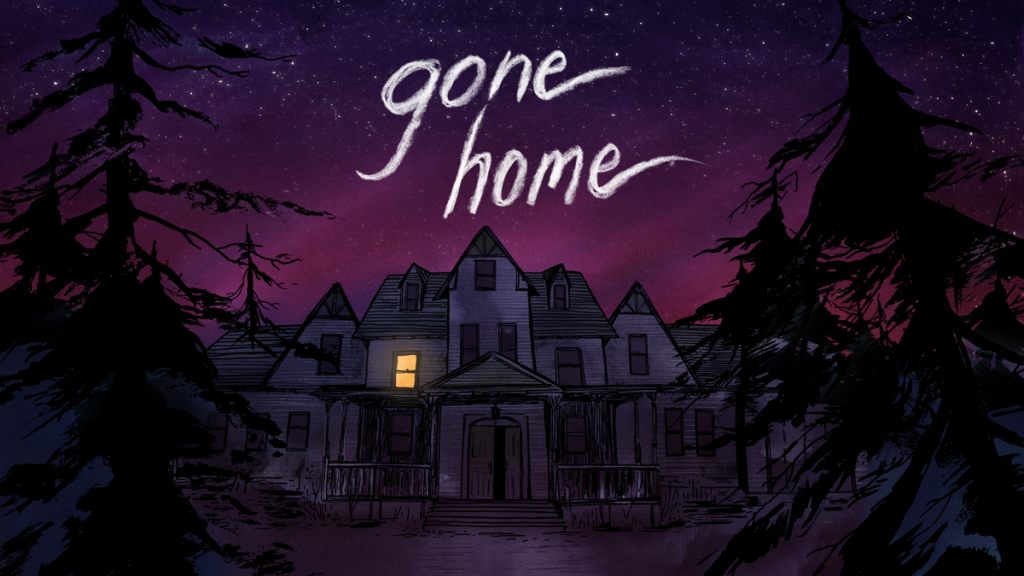Gone Home is a first-person adventure video game developed and published by The Fullbright Company. Gone Home was first released for Microsoft Windows, OS X, and Linux computers in August 2013, followed by console releases for the PlayStation 4 and Xbox One in January 2016, the Nintendo Switch in September 2018, and iOS in December 2018. Wikipedia

Research exclusive to this game
Pavlounis, Dimitrios. “Straightening up the archive: Queer historiography, queer play, and the archival politics of Gone Home.” Television & New Media 17, no. 7 (2016): 579-594.
Ruberg, Bonnie. “Straight paths through queer walking simulators: Wandering on rails and speedrunning in Gone Home.” Games and Culture 15, no. 6 (2020): 632-652.
Sercan Şengün. “Ludic Voyeurism and Passive Spectatorship in Gone Home and Other ‘Walking Simulators’.” Video Game Art Reader, 1(1), pp. 30-42.
Tulloch, Rowan, Catherine Hoad, and Helen Young. “Riot grrrl gaming: gender, sexuality, race, and the politics of choice in Gone Home.” Continuum 33, no. 3 (2019): 337-350.
Veale, Kevin. “Gone Home, and the power of affective nostalgia.” International Journal of Heritage Studies 23, no. 7 (2017): 654-666.
Research that includes this game in its sample
Carbo-Mascarell, Rosa. “Walking Simulators: The Digitisation of an Aesthetic Practice.” In DiGRA/FDG. 2016.
Mitchell, Liam. “Damsels Who Distress: Gender and the Acousmatic Voice in Video Games.” Camera Obscura: Feminism, Culture, and Media Studies 35, no. 2 (2020): 63-93.
Perreault, Mildred F., Gregory Perreault, and Andrea Suarez. “What does it mean to be a female character in “indie” game storytelling? Narrative framing and humanization in independently developed video games.” Games and Culture 17, no. 2 (2022): 244-261.
Sloan, Robin JS. “Videogames as remediated memories: Commodified nostalgia and hyperreality in Far Cry 3: Blood Dragon and Gone Home.” Games and Culture 10, no. 6 (2015): 525-550.